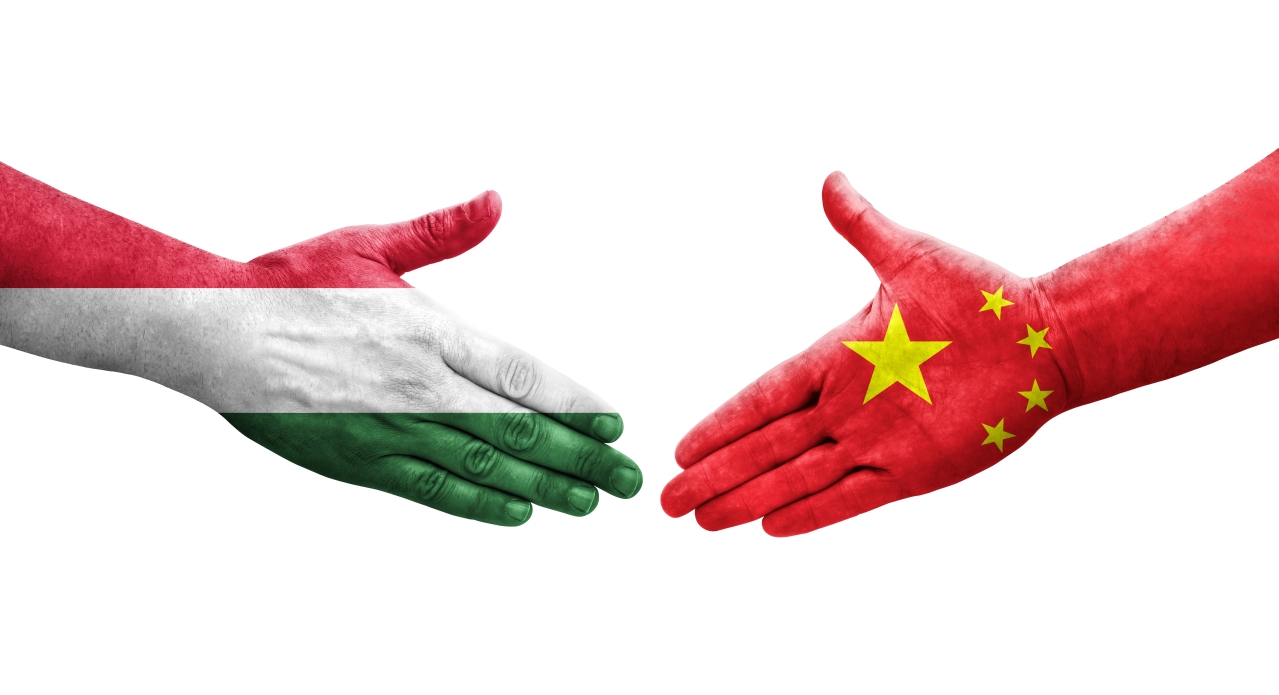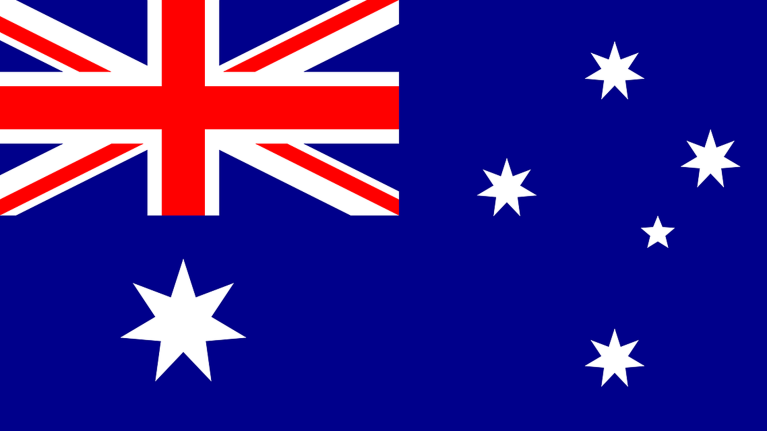On the economic front, Europe's dissatisfaction with China is mainly reflected in two aspects: (i) the reciprocity of market access (ii) the so-called "fair competition", which have become two major points of friction in China-EU trade and economy. Chinese companies have also encountered problems with their investments in Europe. European countries have taken some protectionist measures, such as restricting Chinese mergers and acquisitions in Europe on the excuse of national security, or that chinese companies receive government subsidies. Second, Europe sees China as an "institutional adversary", emphasizing the differences between China and Europe in terms of values and domestic governance models, which is a new change. Third, since the outbreak of the coronavirus epidemic in 2020, exchanges and communication between China and Europe have decreased significantly, while the perception gap between them has widened. Fourth,after the outbreak of the Ukraine crisis, some European countries have become more assertive toward China than before. The strengthening of the Europe-American transatlantic alliance in the context of the Ukraine crisis had an impact on China-EU relations.
In terms of policy choices towards China, the EU wants to find a balance between pursuing its own interests and preserving the transatlantic partnership. Europe and the United States do not have exactly the same interests. After the end of the Cold War, there was a tendency to loosen the alliance between Europe and the United States. Obama's "Return to Asia" and "Asia-Pacific Rebalance" strategies marked the beginning of a difference in the focus of the global strategies of Europe and the United States: the strategic focus of the United States began to shift to the Asia-Pacific, while the strategic focus of Europe remained in Europe. With Trump's "America First" strategy, the diplomatic concepts and policies of Europe and the United States diverged greatly. European countries began to realize that they could not rely entirely on the United States and needed to take their destiny into their own hands. France and other countries have put forward the goal of "strategic autonomy" in Europe. After Biden came to power, U.S. foreign policy has changed significantly, placing more emphasis on strengthening relations with traditional European allies. But an important consideration for the Biden administration was to unite Europe to deal with China's growing influence. After the outbreak of the crisis in Ukraine, Europe regained the understanding that NATO and the United States are too important to Europe in terms of security and defense issues. European and U.S. cooperation in the international arena was further strengthened.
In any case, European countries are not willing to choose sides between China and the United States. Despite the increased competition between China and the United States, Europe does not want to take the side of the United States. For Europe, with the United States as a traditional military ally and China as the world's second largest economy , an important economic partner and market, European countries find it difficult to make an either/or choice between China and the United States.
Europe is repositioning its international role. The EU is not willing to play only a trade and economic actor, and the desire to become a geopolitical force is growing day by day. Although the crisis in Ukraine has activated NATO to a certain extent, European and American interests do not draw an equivalence, and Europe should stick to its independent policy towards China. On the one hand, whether it is a post-epidemic economic recovery or a joint response to the climate crisis, whether it is a green transformation or a digital transformation, China-European cooperation far outweighs competition and disagreement. On the other hand, as two major forces of peace, two major markets and two major civilizations, China and Europe have the important responsibility of shaping and guiding the world.
China considers the EU to be the most regionally integrated group of countries in the world. The EU is a community of sovereign states with supranational character. However,the interests of countries and regions , the guidelines of political parties are different.And the aims of interest groups ourside of the institution to influence EU decisions are even more disparate.Therefore,the final decisions of the EU are often the product of compromise among countries,regions,political forces and interest groups. On the one hand, the EU institutions, especially the European Parliament, are increasingly influential on the EU's policy towards China. The European Parliament is one of the main drivers of values-based diplomacy towards China within the EU. At the same time, the positions of member states influence the direction of the EU's strategy toward China. High Representative of the Union for Foreign Affairs and Security Policy and European External Action Service have to coordinate with the member states continuously in order to maintain a largely coherent policy toward China. For example, Hungary has repeatedly voted down the EU's attempts to make joint statements on Xinjiang-related issues. This is certainly good for China-EU relations to avoid greater slippage.
On November 21, 2022, Chinese State Councilor and Foreign Minister Wang Yi agreed to speak by phone with Italian Deputy Prime Minister and Foreign Minister Antonio Tajani. Wang Yi pointed out that China always regards the EU as a comprehensive strategic partner, supports the EU's strategic autonomy and hopes for a stable and prosperous Europe. China's policy towards Europe remains stable and continuous, and it will not be affected by changes in the international situation. China-Europe relations are not directed at third parties, nor should they be subject to third parties.
In today's complex world situation, it is very dangerous for a small country in Central and Eastern Europe,such as Hungary, to "take sides" and what the current government is doing is to "maneuver" between major powers while preserving its national and ethnic interests. As the famous Hungarian poet Ady Endre put it, "Hungary is a "ferry country", shuttling on both sides of an imaginary river between East and West". Since Orbán became Prime Minister of Hungary, relations between Hungary and China have become closer, and trade relations between the two countries have developed rapidly. Today Hungary is not just a ship shuttling between East and West, Hungary is a bridge between East and West cooperation, between China and Europe relations.
"Hungary is the first country in Europe to sign a cooperation Memorandum of Understanding with China on "the Belt and Road" .
The Orbán government's economic and trade policy towards China will continue to be pragmatic and cooperative, and at the economic level the Orbán government sees cooperation with China as an integral part of its strategy of opening to the East. Bilateral trade and investment between China and Hungary have ushered in new opportunities, with Chinese power battery company --Contemporary Amperex Technology officially announcing the construction of a battery factory in the eastern Hungarian city of Debrecen, with an investment amount of 7.34 billion euros, which is the largest project investment Hungary has received so far. The construction of the Hungarian section of the Hungarian-Serbian railroad is also expected to be completed on schedule. Hungary's cooperation with China also has a demonstration effect. Under "the Belt and Road" initiative, Hungary plays a key role as the gateway to the European market for China. It contributes to the continuous promotion of "the Belt and Road" initiative in the European region and the mutually beneficial development between China and Europe.









